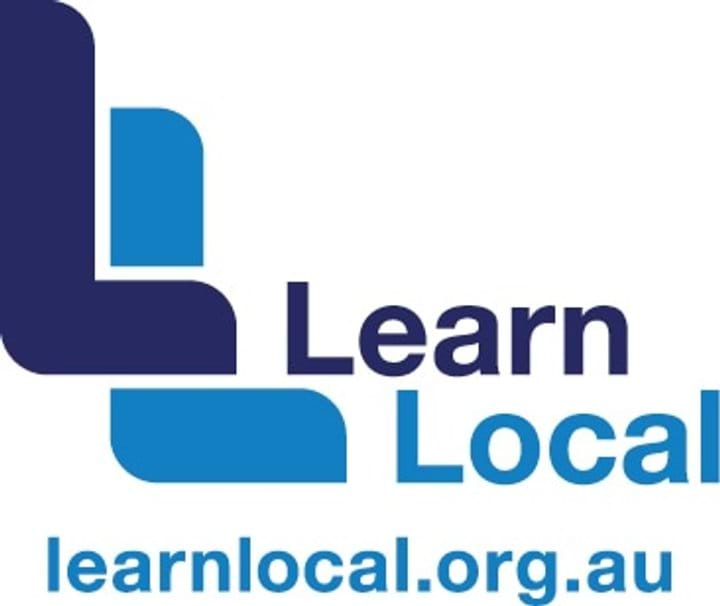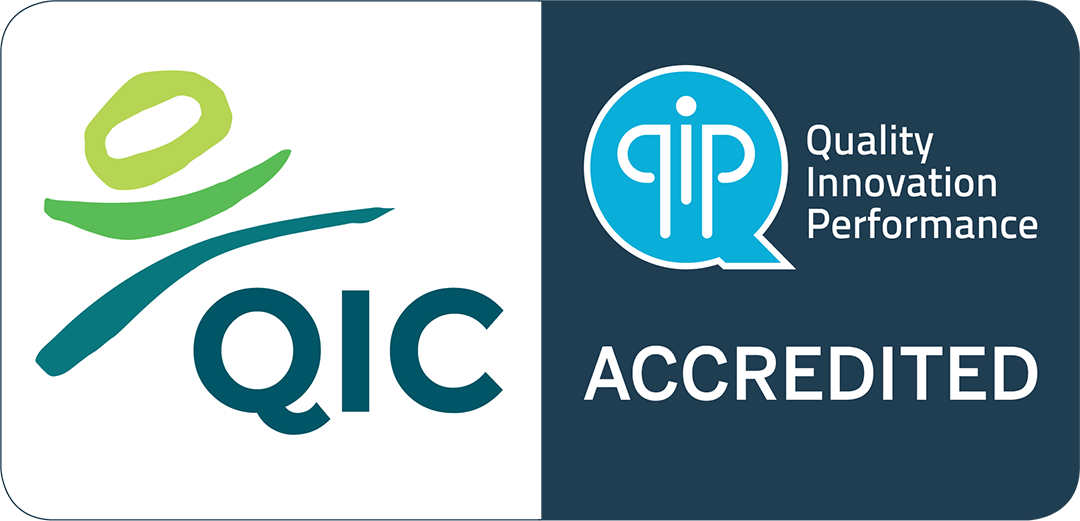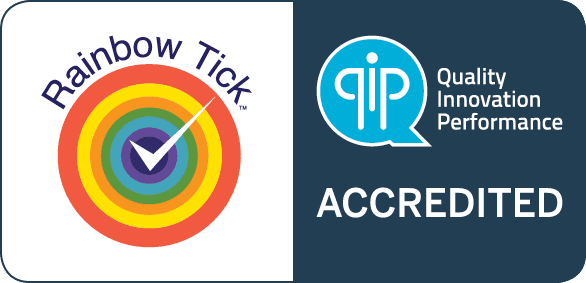Co-occurring conditions explained
Substance use and mental health concerns often go hand in hand. “If someone comes to Windana with co-occurring conditions (or dual diagnosis) it generally means they have both a substance use concern and a mental health concern,” explains Windana’s Dual Diagnosis Psychologist, Kay-Sheree.
“It’s a two-way relationship that we’re seeing become more and more common, and more and more complex.”
Given the complexity of co-occurring conditions, many undiagnosed, it can be a challenge to know someone’s full story before they arrive at Windana.
“The overwhelming majority of clients who come through our withdrawal units have co-occurring conditions. And it’s not just mental health concerns we’re seeing an increase in. People are also coming to Windana with other chronic health or behavioural concerns. The reality is that in most cases you can’t treat one concern without treating the other.”
Kay-Sheree works with clients in our adult and youth withdrawal units to help them understand the relationship between their substance use and mental health, and link them to the support they need to help them with their recovery after withdrawal.
“During their withdrawal (usually 10 to 14 days) I talk to clients about their experiences to try and identify any mental health concerns, and go through brief interventions around managing symptoms using different therapeutic approaches and psychoeducation during their withdrawal.”
“For example, someone might be using substances because of their anxiety or depression. So I might talk to them about how their substance use is working as a coping mechanism, what to expect after the withdrawal process, including what potential mental health concerns could change or increase, and the best post-withdrawal support for them depending on their goals and circumstances.”
When asked what, as a community, we could do differently to better support people experiencing co-occurring conditions, Kay-Sheree encourages people to be open-minded.
“Curiosity is key. People rarely use substances at dangerous levels for no reason – there are always other things at play. We need to work harder to understand the connections and move away from treating concerns completely separately.”
Increasing Windana’s capacity to support people experiencing co-occurring conditions has been a priority with a Dual Diagnosis Practitioner recently joining our Rehabilitation Services Team, ensuring this support is embedded in all our residential services.
The continued implementation of the recommendations from the Royal Commission into Victoria’s Mental Health System also presents many opportunities to put people at the centre of Victoria’s integrated model of care. Windana looks forward to working with the Victorian Government to ensure the alcohol and drug sector remains a specialist service sector within the broader model of care, ensuring Victorians can access the tailored care they need, irrespective of their substance use or co-occurring issues.
Help and information:
24-hour support
Emergencies
PH: 000
Lifeline
PH: 13 11 14
DirectLine (counselling, information and referral service alcohol or drug-related issues)
PH: 1800 888 236
Family Drug Support Australia
PH: 1300 368 186
Co-occurring conditions explained
Substance use and mental health concerns often go hand in hand. “If someone comes to Windana with co-occurring conditions (or dual diagnosis) it generally means they have both a substance use concern and a mental health concern,” explains Windana’s Dual Diagnosis Psychologist, Kay-Sheree.
“It’s a two-way relationship that we’re seeing become more and more common, and more and more complex.”
Given the complexity of co-occurring conditions, many undiagnosed, it can be a challenge to know someone’s full story before they arrive at Windana.
“The overwhelming majority of clients who come through our withdrawal units have co-occurring conditions. And it’s not just mental health concerns we’re seeing an increase in. People are also coming to Windana with other chronic health or behavioural concerns. The reality is that in most cases you can’t treat one concern without treating the other.”
Kay-Sheree works with clients in our adult and youth withdrawal units to help them understand the relationship between their substance use and mental health, and link them to the support they need to help them with their recovery after withdrawal.
“During their withdrawal (usually 10 to 14 days) I talk to clients about their experiences to try and identify any mental health concerns, and go through brief interventions around managing symptoms using different therapeutic approaches and psychoeducation during their withdrawal.”
“For example, someone might be using substances because of their anxiety or depression. So I might talk to them about how their substance use is working as a coping mechanism, what to expect after the withdrawal process, including what potential mental health concerns could change or increase, and the best post-withdrawal support for them depending on their goals and circumstances.”
When asked what, as a community, we could do differently to better support people experiencing co-occurring conditions, Kay-Sheree encourages people to be open-minded.
“Curiosity is key. People rarely use substances at dangerous levels for no reason – there are always other things at play. We need to work harder to understand the connections and move away from treating concerns completely separately.”
Increasing Windana’s capacity to support people experiencing co-occurring conditions has been a priority with a Dual Diagnosis Practitioner recently joining our Rehabilitation Services Team, ensuring this support is embedded in all our residential services.
The continued implementation of the recommendations from the Royal Commission into Victoria’s Mental Health System also presents many opportunities to put people at the centre of Victoria’s integrated model of care. Windana looks forward to working with the Victorian Government to ensure the alcohol and drug sector remains a specialist service sector within the broader model of care, ensuring Victorians can access the tailored care they need, irrespective of their substance use or co-occurring issues.
Help and information:
24-hour support
Emergencies
PH: 000
Lifeline
PH: 13 11 14
DirectLine (counselling, information and referral service alcohol or drug-related issues)
PH: 1800 888 236
Family Drug Support Australia
PH: 1300 368 186







